In the world of blockchain and cryptocurrency, the Ethereum community stands out as a vibrant and dynamic ecosystem. With a shared vision of revolutionizing finance and technology, Ethereum enthusiasts from around the globe collaborate, organize events, and drive innovative initiatives that propel the ecosystem forward. Let’s delve into the heart of the Ethereum community, exploring its collaboration-driven nature, impactful events, and groundbreaking initiatives.
Ethereum, often referred to as the world computer, is more than just a cryptocurrency. It’s a decentralized platform that enables the creation and execution of smart contracts and decentralized applications. At its core, Ethereum thrives on community collaboration, fostering a spirit of innovation that drives its growth.
The Power of Collaboration in the Ethereum Community
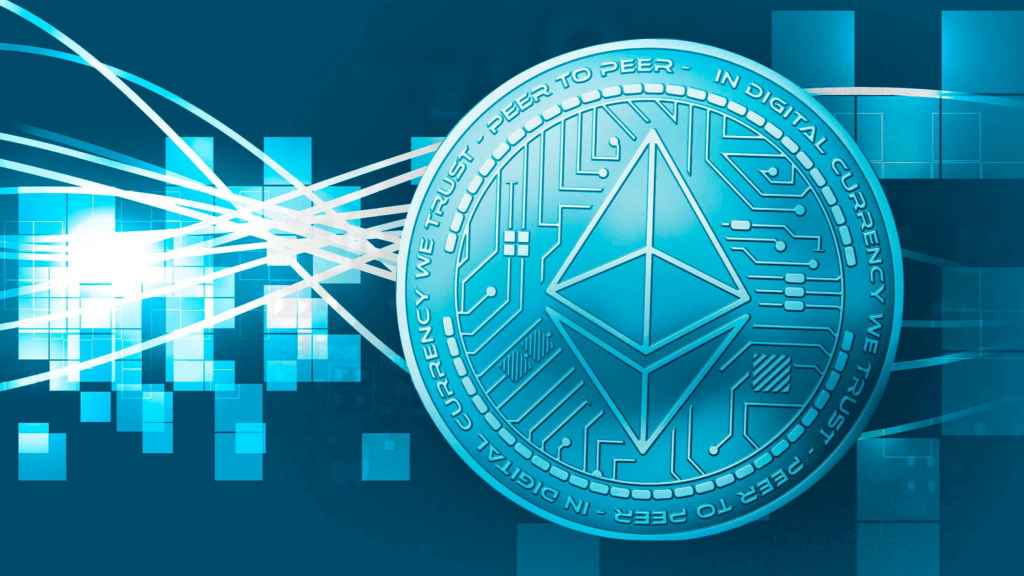
The Ethereum community operates as a global network of developers, entrepreneurs, enthusiasts, and researchers who collaborate to build and enhance the ecosystem. This collaborative spirit is evident in open-source projects, where contributors from different backgrounds work together to improve the platform’s scalability, security, and usability. Throughout the year, the Ethereum community comes together at various events, such as Ethereum DevCon and Ethereal Summit. These events serve as a platform for developers, investors, and thought leaders to exchange ideas, share insights, and showcase their projects. These gatherings strengthen relationships, spark innovation, and fuel the sense of unity within the community.
Driving Change: Innovative Initiatives within Ethereum
Innovation is at the heart of Ethereum’s growth. Initiatives like Ethereum 2.0, which aims to transition from a proof-of-work to a proof-of-stake consensus mechanism, showcase the community’s commitment to scalability and sustainability. Additionally, projects like EIP-1559 introduce groundbreaking changes to transaction fees, enhancing the user experience and reducing network congestion.
Education plays a pivotal role in expanding the Ethereum ecosystem. Community-led initiatives, such as workshops, online courses, and documentation efforts, empower newcomers to understand and contribute to the platform. These educational resources contribute to the ecosystem’s longevity and attract a diverse range of talents.
The Ethereum community is actively working to create an inclusive environment. Efforts to encourage underrepresented groups to participate in blockchain technology are driving diversity within the community. Inclusivity enhances the quality of ideas, fosters innovation, and strengthens Ethereum’s global reach. Decentralization is a fundamental principle of Ethereum. Node operators contribute to the network’s security and resilience, ensuring that no single entity controls the platform. Governance mechanisms like Ethereum Improvement Proposals (EIPs) give community members a voice in shaping the platform’s future.
Ethereum’s Global Impact: Social and Humanitarian Projects
Beyond technology, Ethereum is making a positive impact on the world. Social and humanitarian projects leverage blockchain’s transparency and traceability to address issues like supply chain transparency, identity verification, and charitable donations. These projects demonstrate Ethereum’s potential to drive positive change. Continuous research and development are essential for Ethereum’s evolution. Research initiatives focus on tackling challenges like scalability, privacy, and interoperability. By investing in cutting-edge technology, Ethereum remains at the forefront of blockchain innovation.
Community-Governed Finance: Decentralized Applications (DApps)
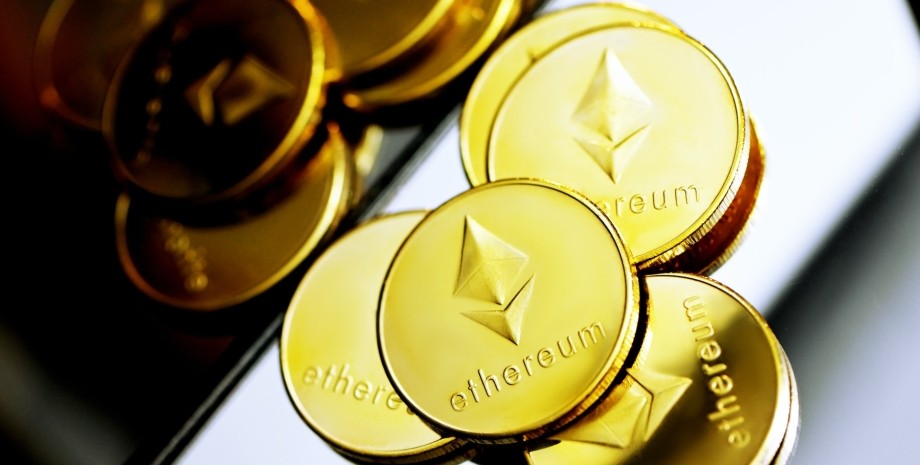
Decentralized applications, or DApps, exemplify Ethereum’s versatility. These applications range from decentralized finance (DeFi) platforms to non-fungible token (NFT) marketplaces. DApps enable users to transact, invest, and create value without intermediaries. To nurture innovation, Ethereum incubators and accelerators provide funding, mentorship, and resources to promising projects. These programs contribute to the growth of the ecosystem by supporting startups that push the boundaries of what’s possible on the Ethereum platform.
Challenges and Triumphs: Lessons from the Ethereum Journey
The Ethereum journey has been marked by challenges and triumphs. From the DAO hack to the successful transition to Ethereum 2.0, the community has demonstrated resilience and adaptability. These experiences provide valuable lessons for the broader blockchain industry.
Developers and contributors are the lifeblood of the Ethereum community. Their dedication to writing code, proposing improvements, and engaging in discussions drives the platform’s development. Their contributions shape the future of Ethereum and its potential to revolutionize industries.
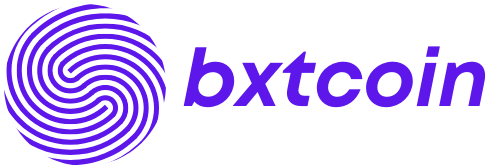
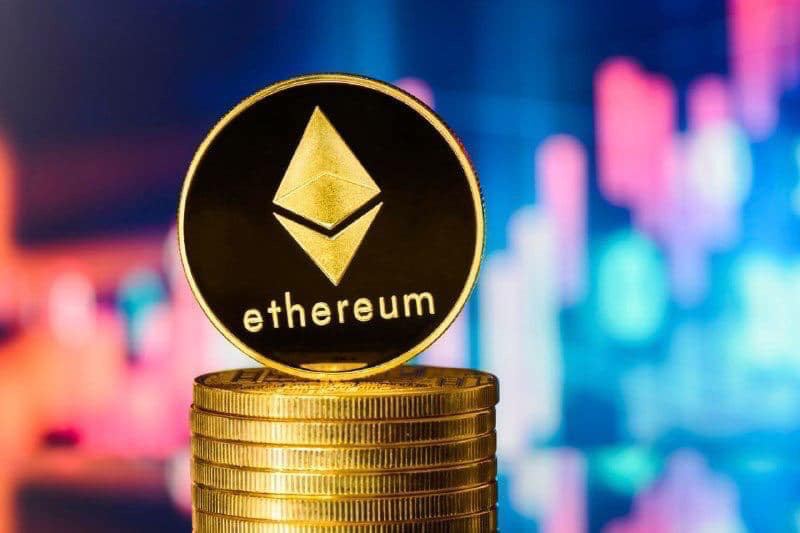
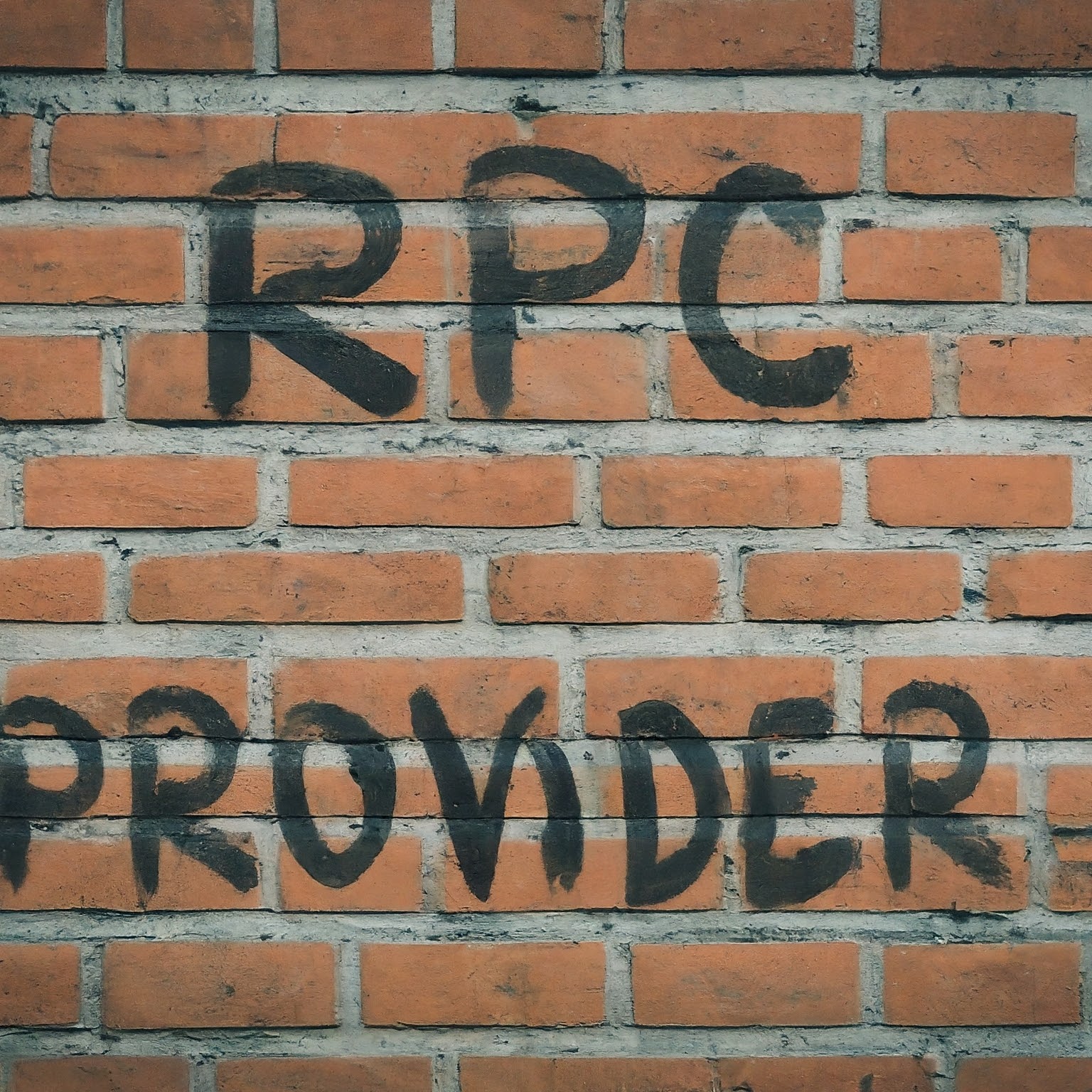
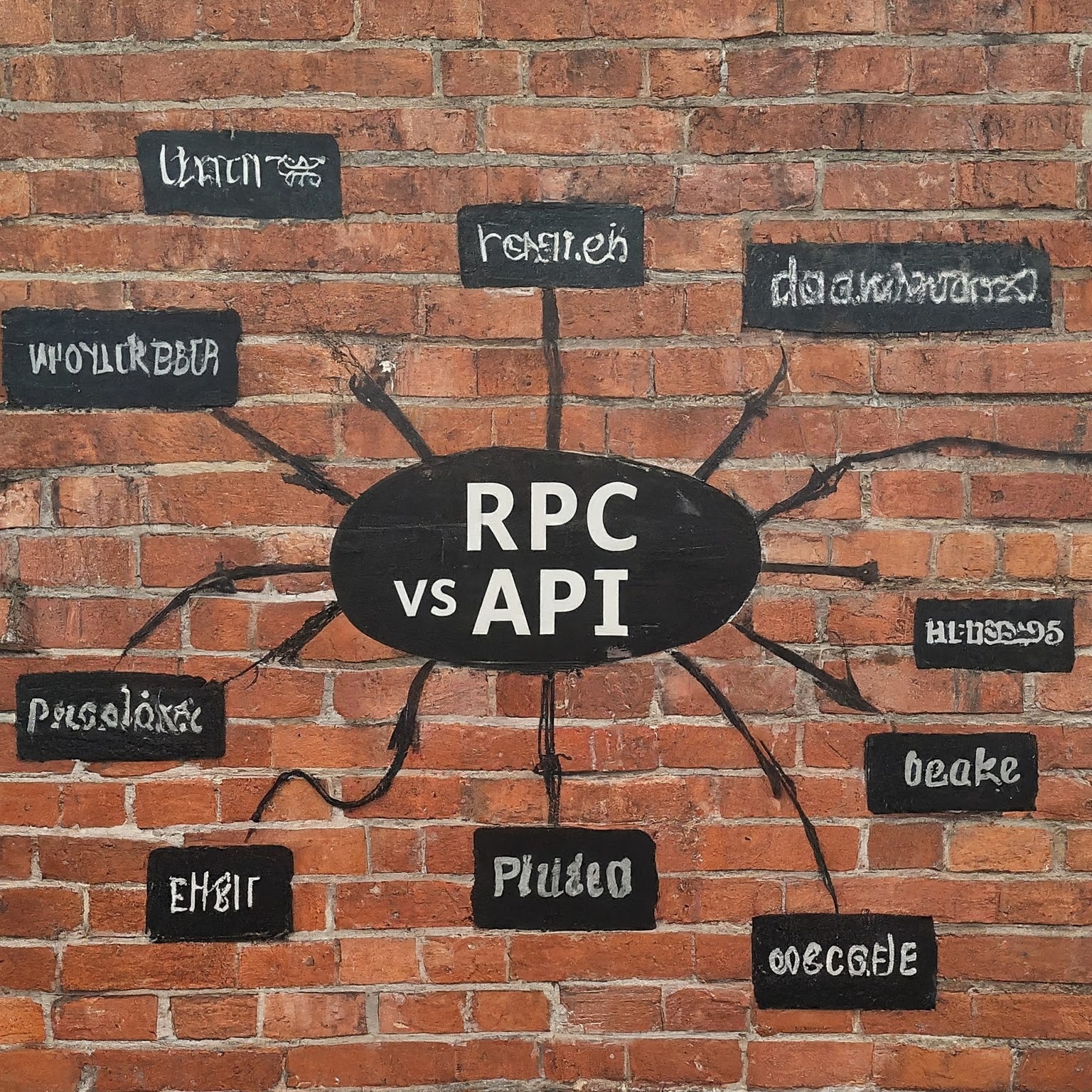
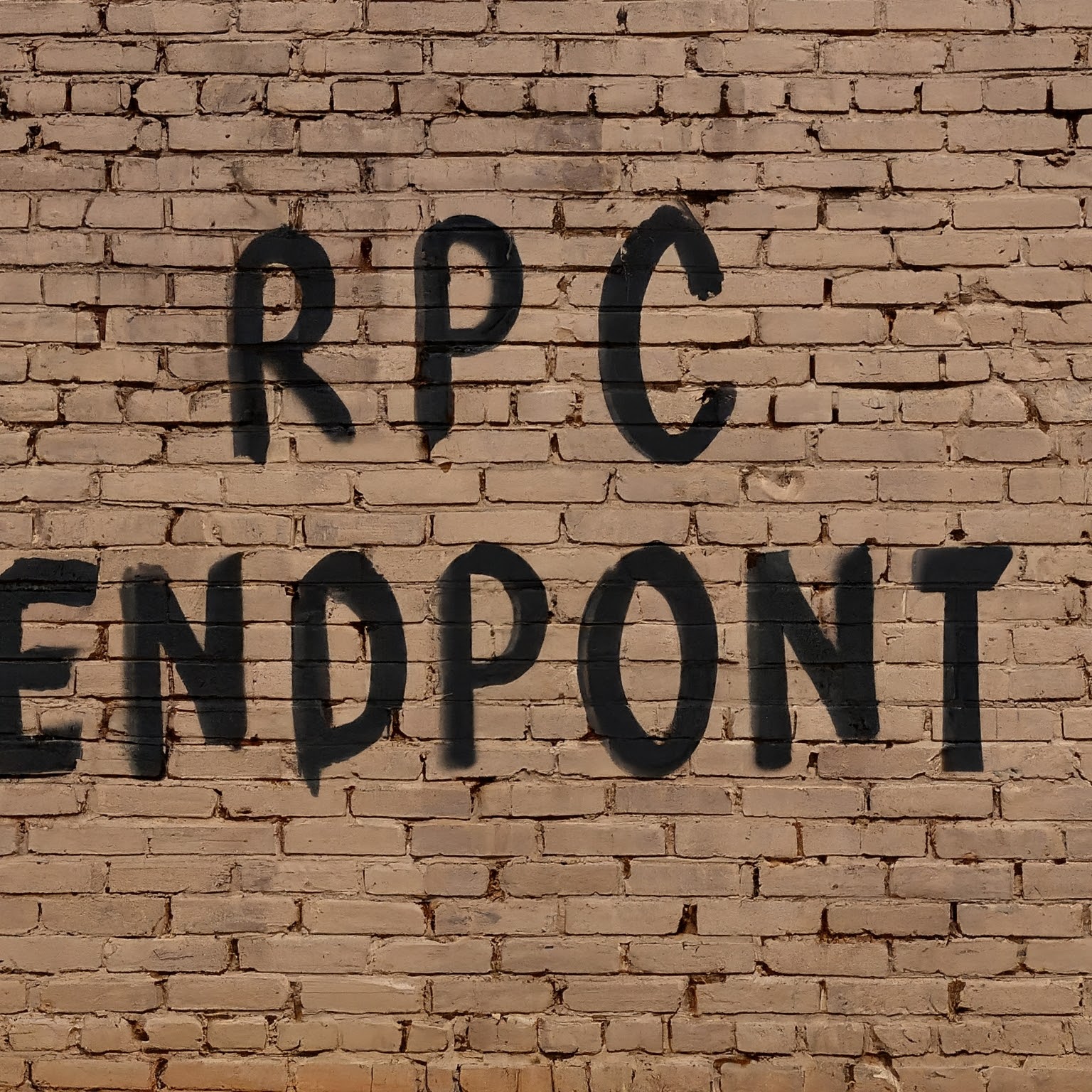
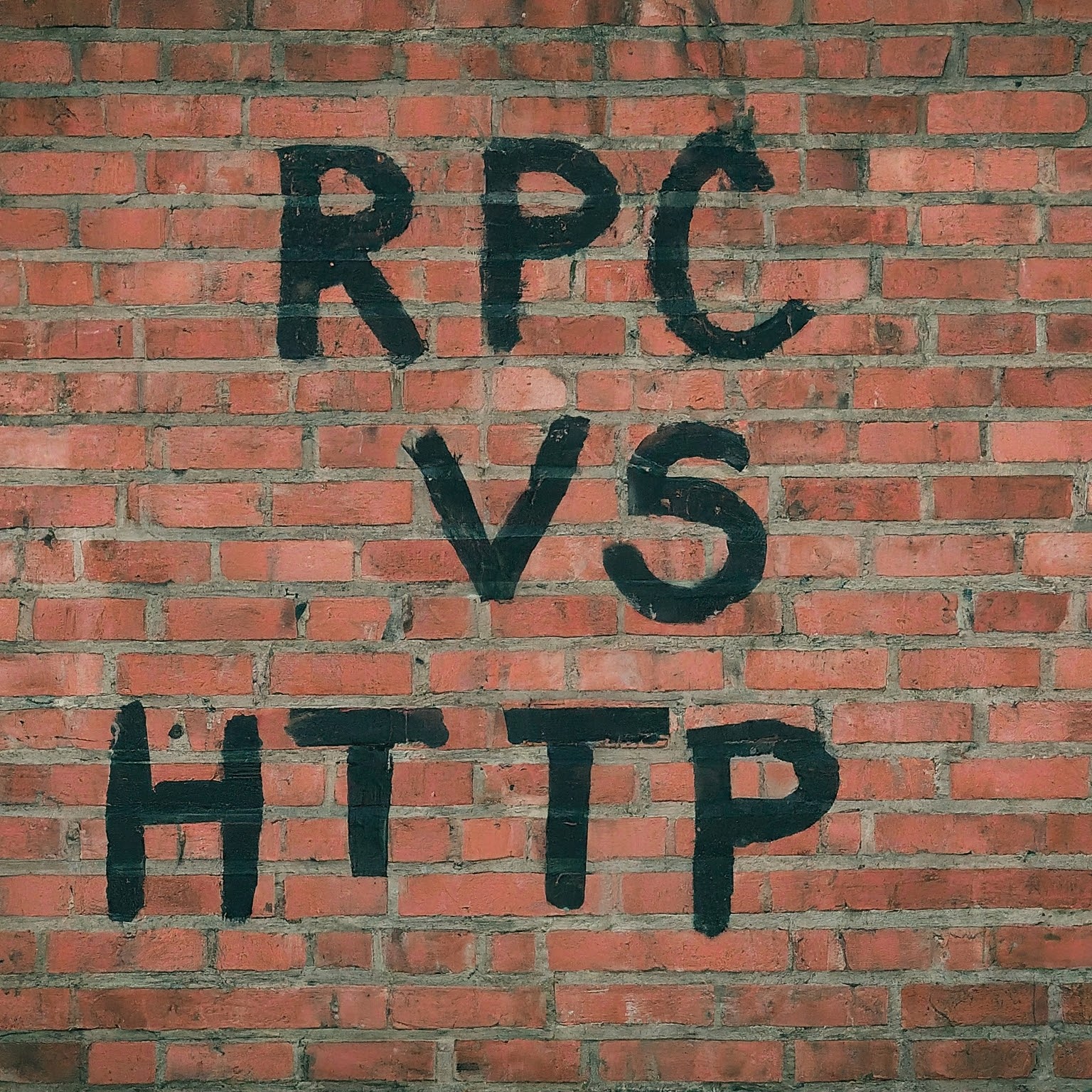
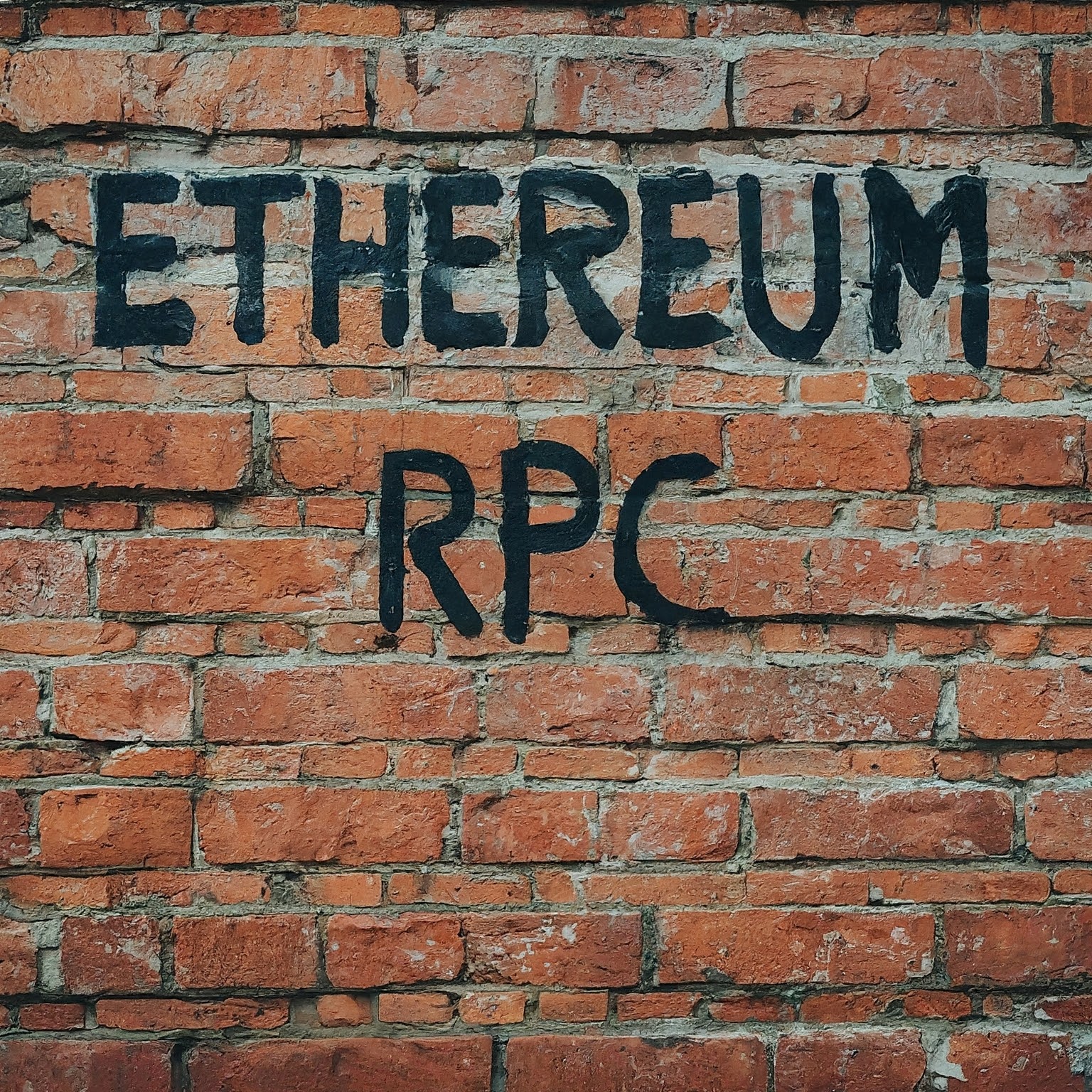
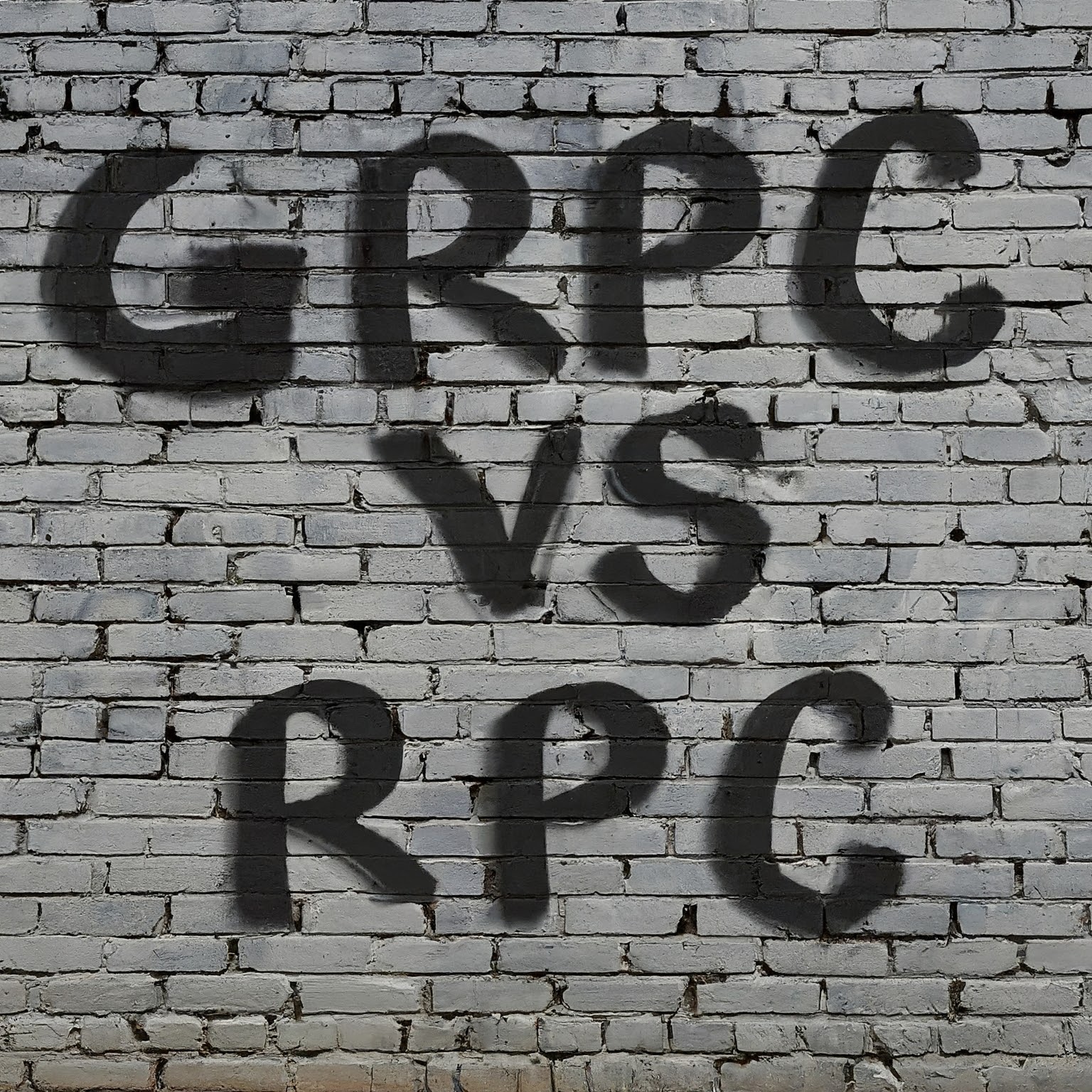
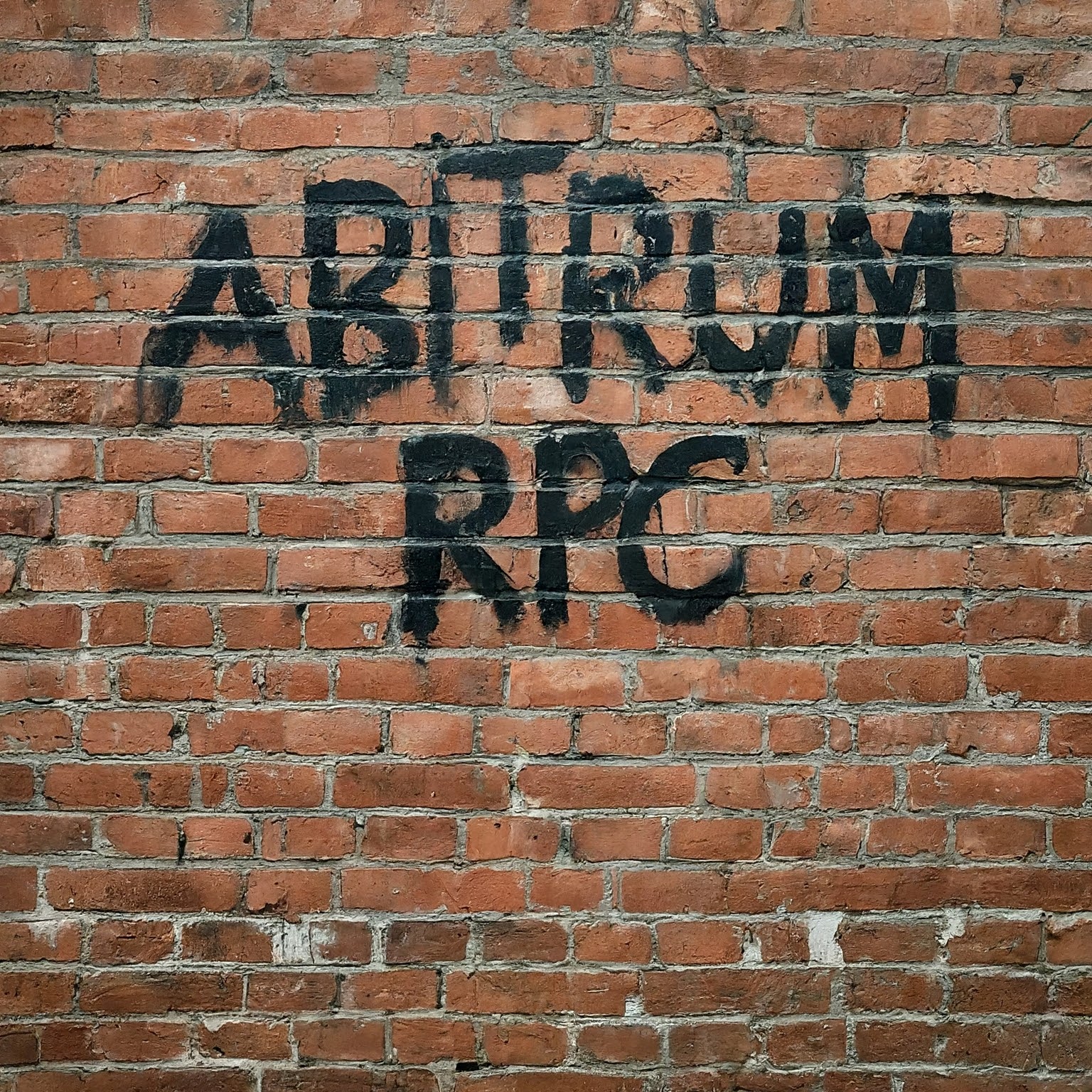

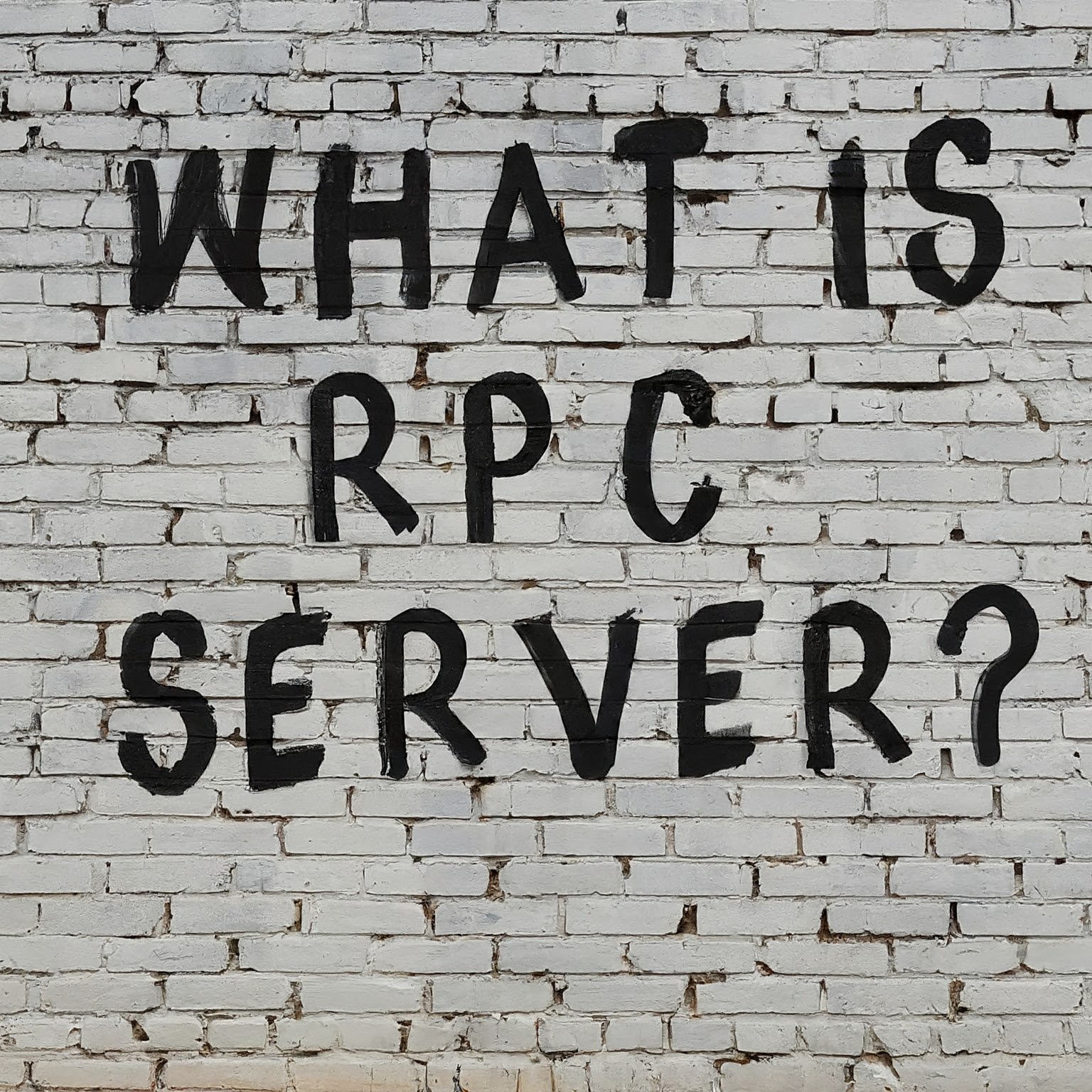
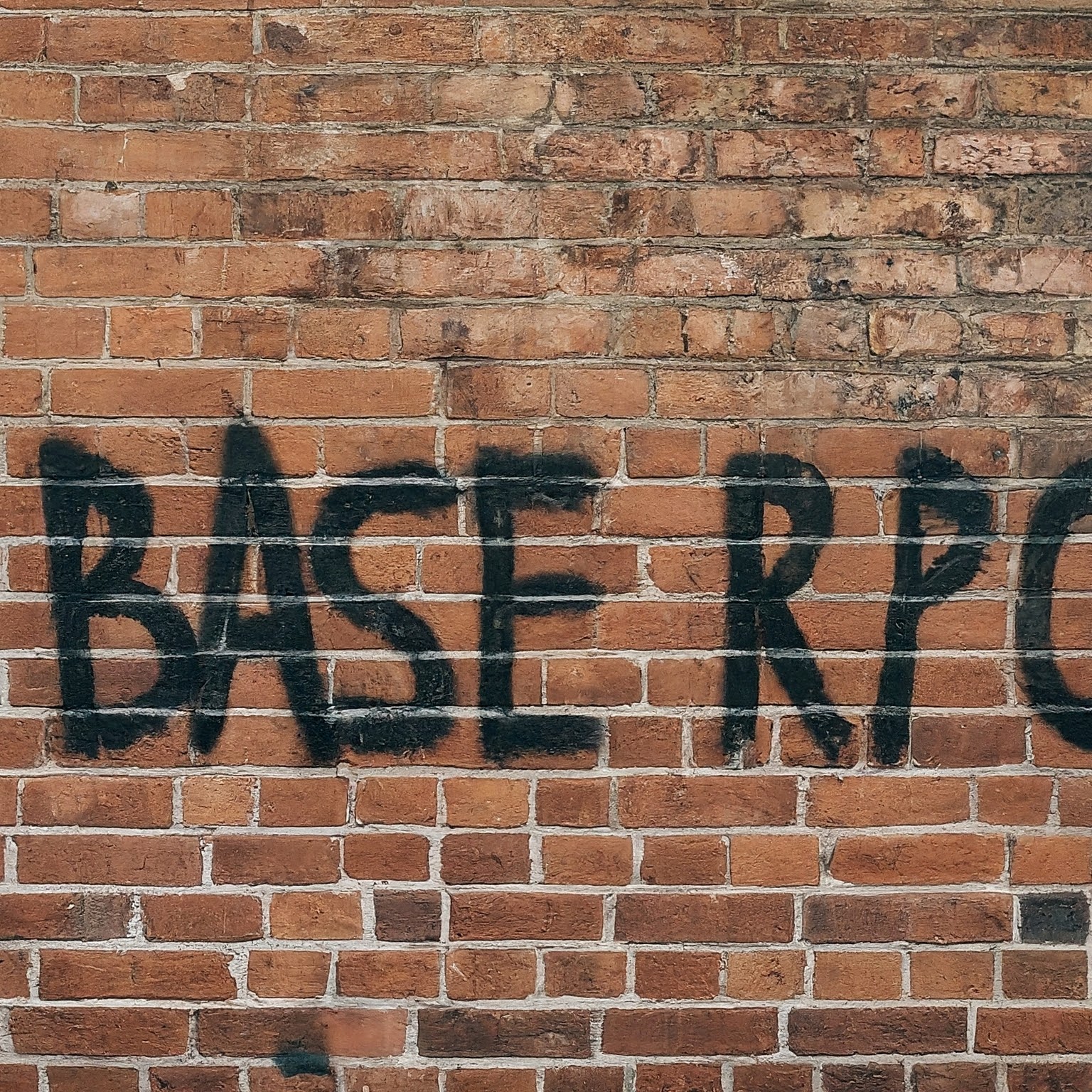
Leave a Reply
You must be logged in to post a comment.